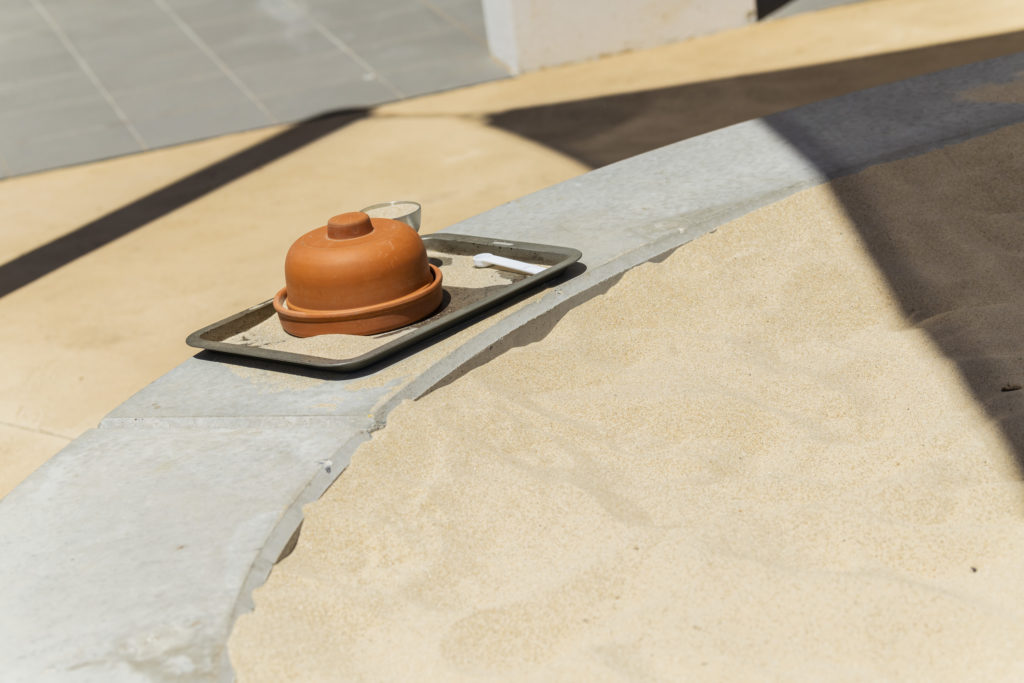Contributed by Sarah Wilcox, Operations Manager for Wonderschool
Have you heard of the Reggio Emilia approach?
It’s an educational philosophy based on the image of the child, primarily aimed at the Preschool age group.
The Reggio Emilia approach is named after a small town located in Northern Italy with a population of around 172,000. The approach was developed after World War II by pedagogist (teacher) Loris Malaguzzi and parents in the villages around Reggio Emilia.
The Reggio Emilia Approach® is an educational philosophy based on the image of a child with strong potentialities for development and a subject with rights, who learns through the hundred languages belonging to all human beings, and grows in relations with others. The approach aims to teach children how to use these symbolic languages (e.g. painting, sculpting, singing, drama) in everyday life. (www.reggiochildren.it)
In April 2017, I was fortunate to experience a study tour to Reggio Emilia, Italy, with a group of colleagues. This experience influenced me in more ways than one, not only the experience of participating in a week-long study tour but spending time in a small Italian town where the whole community live and breath this philosophy, was quite magical and needless to say, inspiring. The environment plays a significant role in the Reggio Emilia approach, one that is seen as the third teacher. The environments are often ‘home-like’ in that they use real-life props and glass wear and are set up with experiences which provoke children’s thinking, curiosity and wonder. The teacher works alongside the children, understanding there is no universal approach to learning. Children are encouraged to express their ideas and emotions, and to think through multiple ways; they are encouraged to make mistakes and question why.
Like the Reggio Emilia approach, our Wonderschool team believe children are capable and competent. We focus on building respectful, reciprocal relationships with the children and the environment. We believe children have rights and a voice and aim to provide them with a platform to share their voices through conversations, research, emotions and deep listening.
For more information on the Reggio Emilia approach, visit the Reggio Emilia website.
EMPOWERMENT:
We recognise individuals and support them to thrive and strive.
